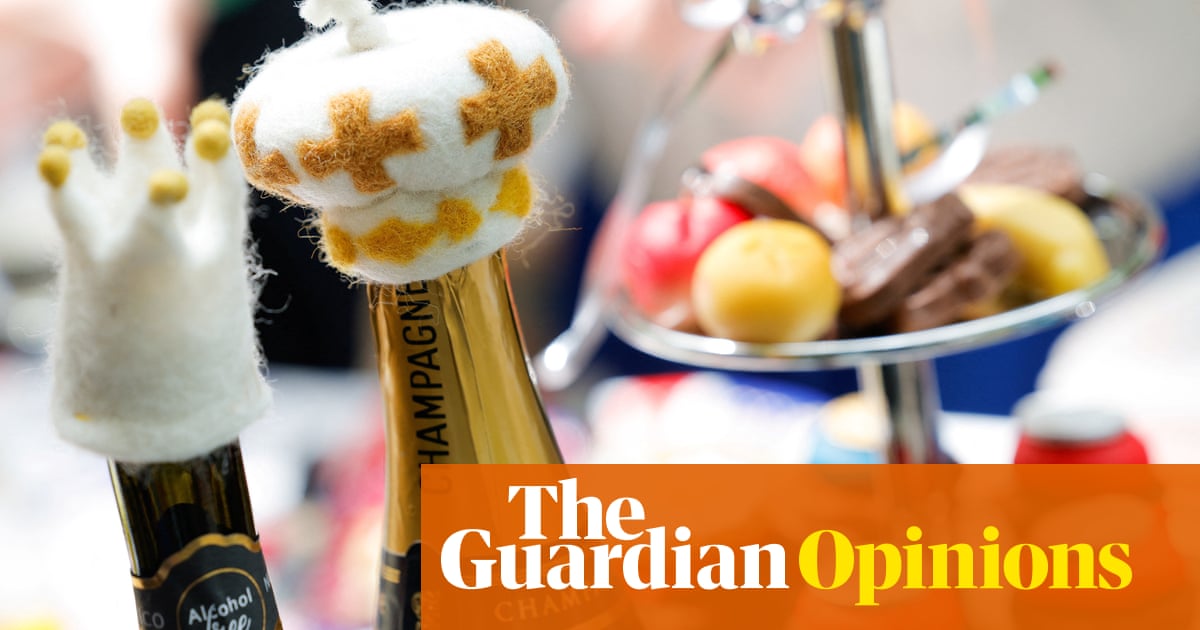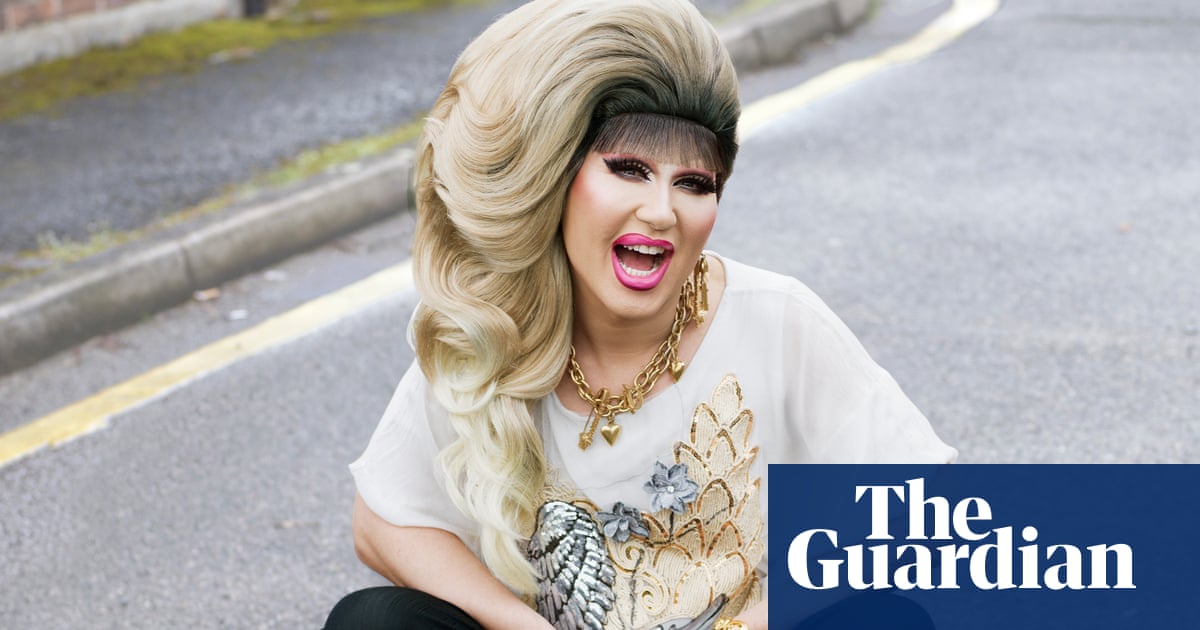
The past week has been one of the most difficult of my life. My home descended into chaos. Durban, a holiday city with a melting pot of cultures and a diverse range of people who live and work here, came to a standstill as rioters took to the streets to spread chaos after the arrest of former president Jacob Zuma.
The unrest began in KwaZulu-Natal region on Thursday 8 July, bringing everything to a grinding halt. We left work early to be with our families. Protests are usually contained in the central Durban district, but on Saturday evening pictures began circulating of looting and riots. As a precaution, we stayed home. By Sunday the city was on high alert, and trucks were being looted and torched on motorways into Durban. We had been anticipating further Covid lockdown restrictions as the number of cases in South Africa rises, but instead we were being isolated by violence. On Monday morning, I woke to the sound of gunshots, alarms going off and screams. It was surreal; I sat up and thought, where am I?
By Tuesday the violence had intensified and come closer. It wasn’t just about looting supermarkets; they were looting everything, including homes.
Communities began creating Neighbourhood Watch groups. Workers were told to stay at home for their safety as the unrest spread to residential areas. Roadblocks were set up, as people used any materials they could find to barricade the looters out, and formed groups to patrol during the cold winter nights.
Families began to run out of supplies, some venturing to the shops to buy bread, milk and baby items such as nappies. But large shopping malls were being attacked, looted and destroyed. My friend lost two of her businesses in hours and, as a single mother of three, her income has come to an abrupt halt. My colleague Portia ran out of milk for her baby – the fear of mothers was heartbreaking.
As an employee at the world’s largest Muslim NGO, my mind kept reverting to our brothers and sisters in Syria, Yemen and Gaza. They too woke up one day to lives altered for ever, and their suffering has not ceased. Will this happen to South Africa? This experience has heightened my empathy for people living in and fleeing from conflict zones. The fear is real.
I looked at my own child and my parents, and couldn’t help but consider exit strategies. Where would they go and how would I get them there? The days of destruction felt as if they wouldn’t end, everything we loved about this city in ruins, our homes under siege.
By Wednesday we were running out of fuel. People had money to buy food but shop shelves were empty.
Our community came together, more strongly than at any time I can remember. Community leaders began taking milk and bread to residential areas, giving it out free of charge to every person that approached them. We began coming out in numbers.
Men patrolling the streets with hockey sticks and cricket bats became the norm. If they met a looter, they would let them pass, but ensure they left the area. Communities worked to ensure their areas were safe from harm and violence. I’m someone who had never heard a gun going off but now I could identify the different types of shots and the guns they were fired from. When the shots stopped we were stunned. Is this really happening? Is it over?
The festival of Eid al-Adha has been very different for me this year. The violence has significantly subsided due to the concerted effort of community patrollers, the army and police, but the mood is sombre and our thoughts remain with those affected by the looting and violence. A sadness lingers; our communities have lost significant leaders to coronavirus this year and the unrest has compromised hundreds of businesses just as we begin to rebuild.
The ray of hope during this unrest has been the resilience of the South African people. We got together and said “enough is enough”; we came out to reclaim our streets and rebuild. That’s South Africans in a nutshell – a people that survived Apartheid and broke down the chains of racism and inequality – and we emerge from this unrest stronger.
I am proud to work for Islamic Relief; we continued working from home leading up to our Eid food campaign and our leaders kept checking up on our wellbeing.
Among us there was an urge to respond to the calls for help. We had numerous calls for assistance from affected communities and we had an equally large number of requests from people who wanted to help. Our teams began sending aid from other regions. Our fear turned into bravery.
As soon as aid came in, we began responding to the food crisis. The team also had to push ahead with our Eid Qurbani distribution programme in KwaZulu-Natal, providing fresh meat to 900 families, including nearly 400 orphans. Meat is important for Eid al-Adha, as it commemorates the moment the prophet Ibrahim pleased Allah with his intention of sacrificing his son, Ismail, and Allah stayed his hand, replacing the boy with a sheep.
Covid has already deepened the lines of poverty and now the unrest has too. People who were already poor have become even poorer. Those who live from pay cheque to pay cheque found their work had finished overnight and there was no support. So many people were already in anguish because of dire poverty, and then this. So much destruction to this beautiful country that I love.
This Eid was a time for reflection. But the day after, staff and volunteers were out in force, packing hampers for our community.
The days are long and hard but in its people there is hope for a stronger South Africa, for us and our children.












